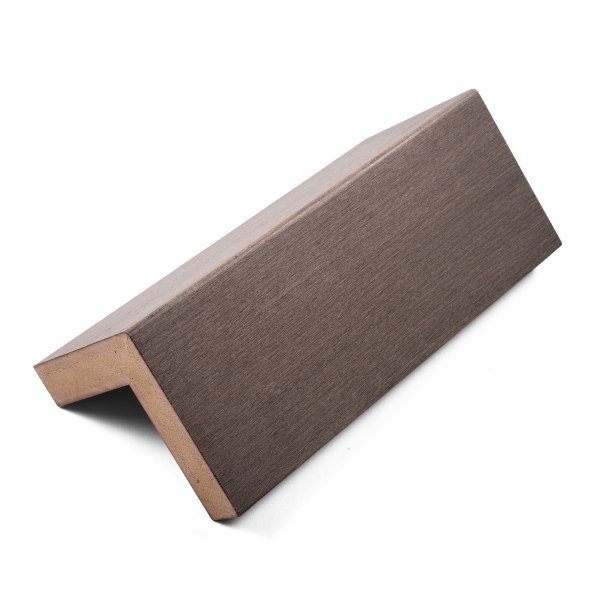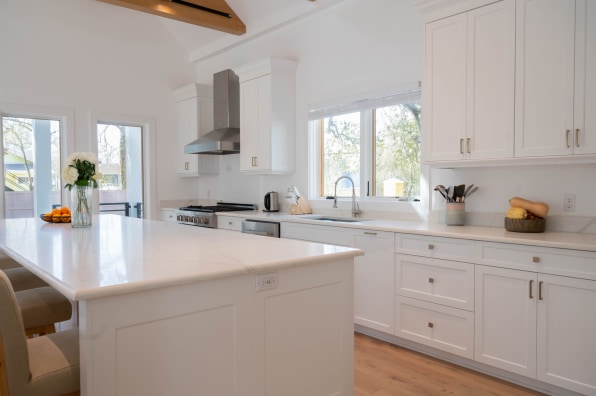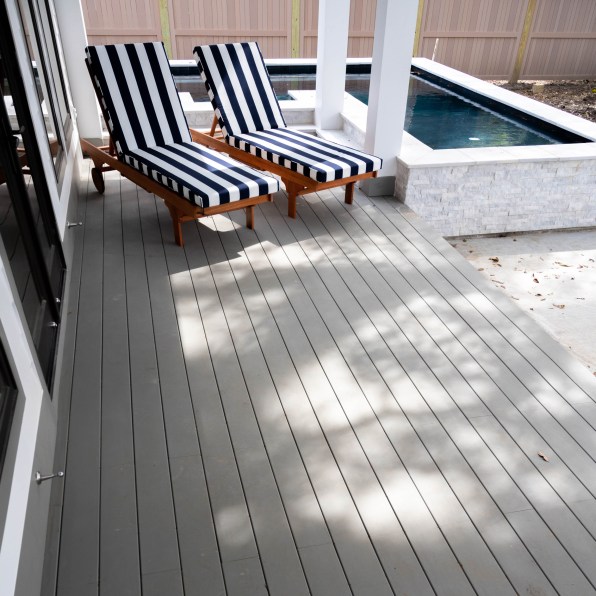2 mins read//
In a typical lumber mill, logs are cut down into pieces of lumber, then sawed and planed into smooth boards for use as flooring or cabinetry. But at Modern Mill in Mississippi, workers don’t fell trees to make their boards. Instead of logs, Modern Mill uses rice hulls—a waste product from food production—to make what the company calls Acre, an upcycled, tree-free building material.
Growing demand for cheap wood products and tropical woods have been linked to deforestation. Each year, according to the Center for International Forestry Research, 2.5 million acres of land are converted to “fast-wood forests,” commercially planted forests that replace natural forests in order to meet the timber industry’s demand. Wood alternatives and composites have come into higher demand, but most composites still use trees in some way, like using compressed sawdust mixed with polymers. Acre is 100% tree-free, the company says, and can be stained or painted to replicate tropical woods. Acre by Modern Mill is the winner of the mid-sized business (100-999 employees) category of Fast Company’s 2022 World Changing Ideas Awards.


In 2020, Modern Mill sold its first truckload of Acre, and in 2021 business expanded, with the product making its way into its first big-box store, Menards, and selling through distributors to homeowners, builders, and architects. In its first year of business, Modern Mill says it saved the equivalent of approximately 4,000 acres of tropical rain forest or 4,000 softwood trees, and also diverted more than 3,000 tons of rice hulls from landfill. Because the business is so new, Shugdinis says they haven’t really had to deal with the product’s end of life yet, but he added that Acre is completely recyclable; the company is working on a way to allow customers to return the material so it can be ground up and used again, adding another layer of circularity to the product.











